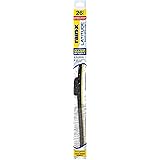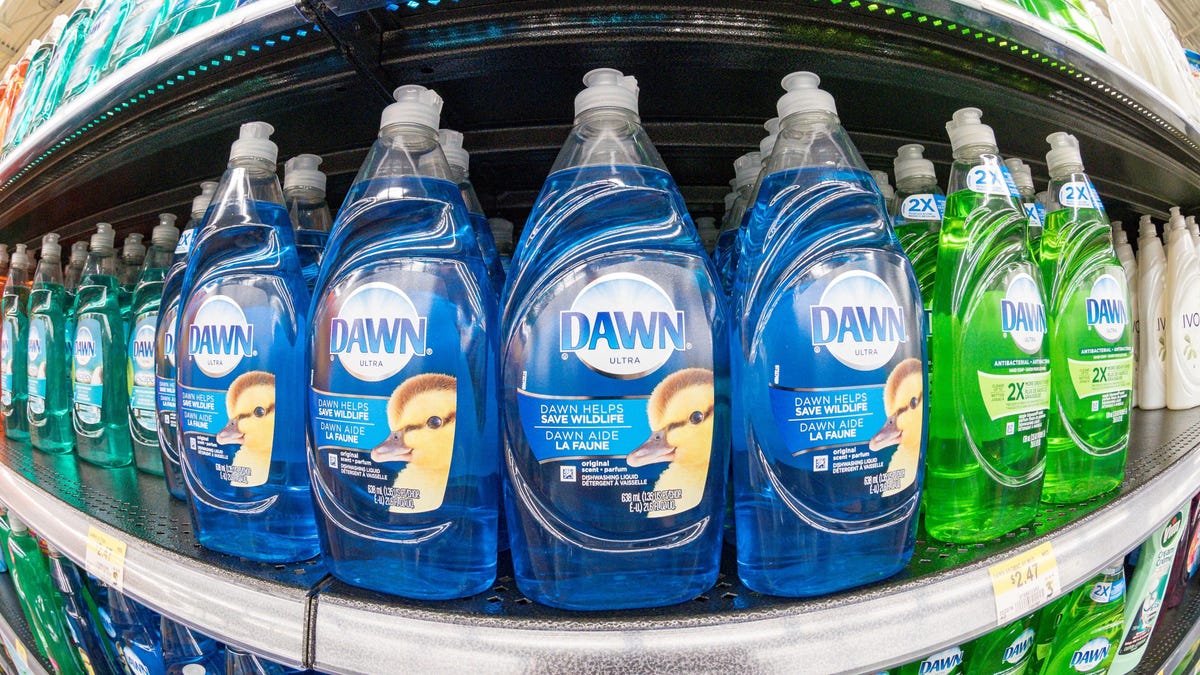Our skin is often exposed to several physical injuries or wounds. As people age, their skin becomes more fragile and they struggle to heal independently. The growing aging population worldwide has increased the demand for effective wound care products to address this issue.
Hydrogels, particularly in the last few decades, have gained attention for treating skin wounds. When applied to a wound, these gels aid healing by absorbing fluids and maintaining a protective, well-hydrated, and oxygenated environment for the wound.
Yet, the adhesive characteristics of these hydrogels have not been thoroughly studied. Excessive adhesion to the skin can lead to wound expansion and discomfort when the hydrogels absorb fluids and swell at the wound sites.
Researchers from Tokyo University of Science (TUS), Japan, have proposed an innovative and highly added medical material for treating skin wounds. They have developed a novel, low-cost hydrogel using a component found in seaweed, achieving physical properties utterly different from those of conventional hydrogels.
Scientists developed this hydrogel by following a straightforward process. They made it using alginate, calcium carbonate, and carbonated water.
Alginate, derived from beach-cast seaweed, is a biocompatible substance. Importantly, it does not strongly adhere to cells or skin tissues. The unique structure created by alginate and calcium ions and the protective properties of CO2 in carbonated water against acidification result in a hydrogel with optimal pH and moisture conditions for wound healing. Notably, this hydrogel exhibits considerably lower adhesion and swelling than other commercial hydrogel wound dressings.
Scientists determined the effectiveness of this hydrogel using cell cultures and a mouse model. They performed animal experiments and demonstrated that this hydrogel has a high therapeutic effect. What’s more, it can suppress the temporary expansion of the wound area caused by conventional clinical preparations.
Mr. Ryota Teshima is a Master’s student at TUS. Assistant Professor Shigehito Osawa said, “This proves our initial hypothesis that gels with low skin adhesion and low-swelling properties are excellent as wound dressing materials, which is the complete opposite of conventional wisdom.”
“Since the proposed hydrogel is inexpensive and biodegradable, this development marks an important step towards future progress on sustainable medicine. Medical materials still lack a sustainability-oriented perspective, and we believe this research will serve as a benchmark for the design of future medical materials and lead to sustainable and low-cost wound care. Moreover, our findings can help clarify issues with hydrogel formulations currently in clinical use and provide new design guidelines for next-generation wound treatment gels.”
Journal Reference:
- Ryota Teshima, Shigehito Osawa, Miki Yoshikawa et al. Low-adhesion and low-swelling hydrogel based on alginate and carbonated water to prevent temporary dilation of wound sites. International Journal of Biological Macromolecules. DOI: 10.1016/j.ijbiomac.2023.127928
Note: This article have been indexed to our site. We do not claim legitimacy, ownership or copyright of any of the content above. To see the article at original source Click Here













